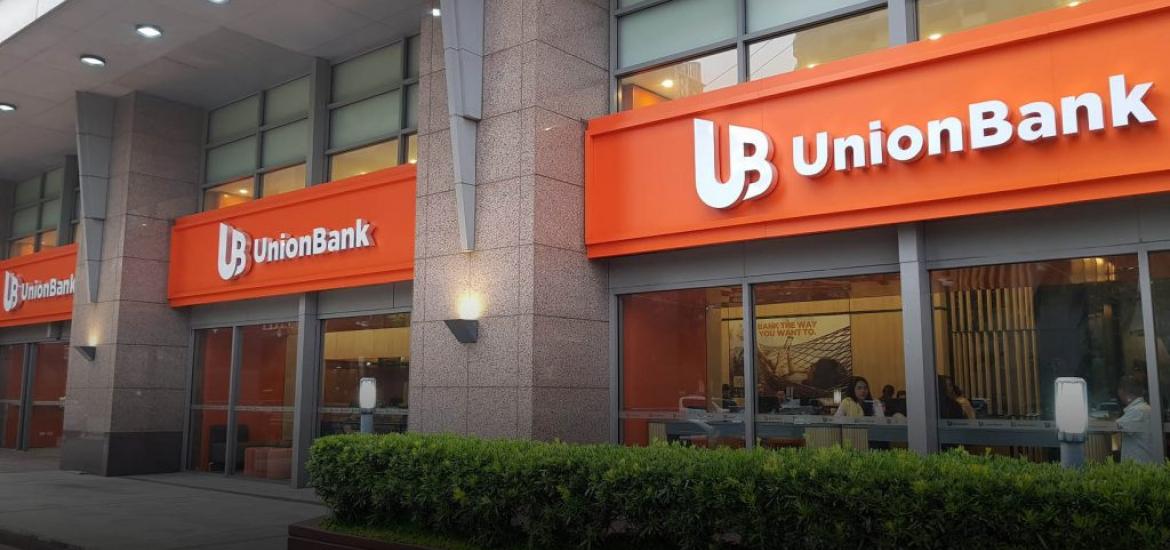There is no doubt about it; with no end in sight for the coronavirus disease 2019 (COVID-19) pandemic, digital banking is the way to go. From fund transfers to bills payments, online channels provide a way for people to make transactions without going out of their homes, in line with widespread social distancing measures being implemented to contain the deadly disease.
However, for some sectors of society, physical channels remain relevant avenues for making transactions. In the Philippines, cash is still widely being used and over-the-counter banking is still preferred by a large number of customers, despite higher risks of contracting COVID-19.
With this, Union Bank of the Philippines (UnionBank) continues to actively seek out innovative ways to revolutionize the banking experience for customers, whether they prefer digital or physical channels. This enables the bank to serve Filipinos from all sectors.
Since embarking on a digital transformation journey in 2016, UnionBank has been shoring up its digital capabilities in preparation for a future where brick-and-mortar bank branches are not needed anymore. In doing this, the bank effectively became the digital trailblazer in the Philippine banking industry, introducing first-in-industry services that have made banking more efficient and convenient.
When the COVID-19 outbreak was declared a pandemic and customers are forced to stay at home because of the enhanced community quarantine (ECQ), the number of digital transactions being processed by the Bank skyrocketed as a result.
“That has impacted the way our users have been using our services, and from the get-go we didn’t lose a beat, because the digital infrastructure has always been there to serve the public,” said UnionBank chief technology and operations officer and chief transformation officer Henry Aguda during a webinar in April. “We’ll see more of this as we now start to realize that not only is it convenient, but it’s safer and more secure to do digital transactions.”
As UnionBank expects the usage of digital services to grow even beyond the ECQ, strengthening its infrastructure has been an increased priority for the Bank, which is why it has been continuously investing in ways to improve the scalability, resilience of architecture, security of its digital ecosystem, in order to serve customers better.
Meanwhile, the bank also knows that there is still a market for the brick-and-mortar bank branch, especially in the Philippines where a large number of people still have no access to digital services, particularly those services that allow them to make monetary transactions online. While digital banking is expected to grow in the coming months, the bank is not ruling out sectors that would still prefer physical transactions over digital alternatives, particularly when it comes to the use of cash.
“The practice of using digital is habit-forming and I think that this extended lockdown is really getting people to seek the benefits of sending money and doing other transactions digitally. So, I do think that there will be a decline in cash and depending on how long this goes for we could hit the tipping point that really switches it over,” said UnionBank chief customer experience officer Ana Delgadoin a recent interview with ANC.
“However, I think there will still be segments of society that will be reliant on cash, which is why we also continue to build things that allow for cash on the recipient side,” Delgado added.
For UnionBank, providing a banking experience that is both physical and digital—or “PhyGital”—is the optimal way to serve Filipinos. By focusing on both channels, the bank enables access to banking services that is inclusive. Banking is one of the most essential services there is, and to focus on digital would be a disservice to those who prefer the alternative, which is against the bank’s “promise of no one getting left behind.”




